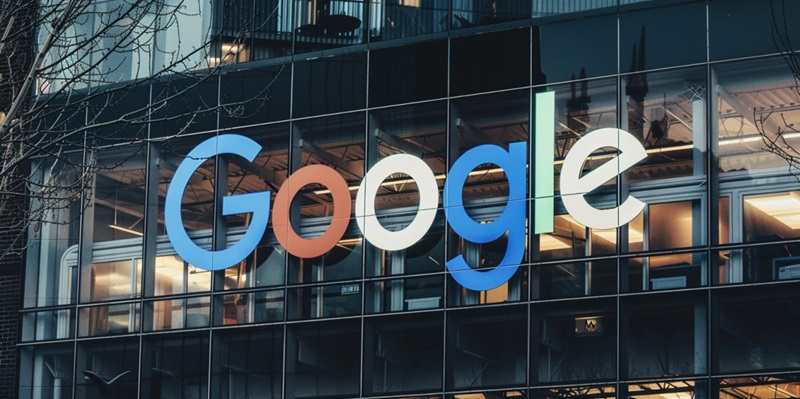In the increasingly competitive world of search engines, a new player has emerged with formidable capabilities. OpenAI, a leader in artificial intelligence innovation, has launched a pioneering search feature for ChatGPT. This tool enables ChatGPT to harness the vast information available on the internet, including resources like Wikipedia and various blogs, to deliver answers that are precise and referenced with their sources. The journey began in February, signifying OpenAI’s ambitious venture into a market historically monopolized by giants such as Google.
The development of this search capability marks a significant shift in the AI landscape, highlighting the potential that AI holds in disrupting traditional search paradigms. Users can now query an AI with natural language and receive contextually relevant and updated information, a compelling alternative to the list of links traditionally offered by search engines. While Google still dominates the search market, the presence of a robust AI-powered tool like ChatGPT could reshape the way users interact with information on the internet.
Pioneering Technology Meets User Query
OpenAI’s foray into search is not merely about competing with established players; it’s a joust for innovation supremacy. By integrating internet sourcing with ChatGPT, OpenAI enables a conversational interface that responds with intelligence and confirms the origin of its responses. This level of transparency and interaction is unprecedented, where an AI system can cite sources, much like a human researcher providing references.
Furthermore, OpenAI’s endeavor is not isolated but part of a growing trend where AI is seamlessly ingrained in daily operations. The technology is not solely a search function; it’s an interface that learns and evolves with each interaction, potentially becoming more sophisticated with every question it fields. Such advanced capabilities are reshaping expectations, pushing traditional search engines to contemplate the integration of similar AI-powered functionalities to stay relevant.
The Industry’s Competitive Horizon
OpenAI has introduced a groundbreaking search function to ChatGPT, leveraging its AI prowess to tap into the internet’s wealth of knowledge. This feature, launched in February, signifies OpenAI’s bold entry into the search engine arena—a realm long dominated by the likes of Google.
With ChatGPT’s new ability to scour online resources, it provides users with an advanced way to find information through conversational AI. This represents a significant shift in how AI may alter our search habits, potentially challenging the status quo of search engines that mainly serve up a selection of links. As Google maintains its search supremacy, ChatGPT’s innovative search tool is poised to transform internet information discovery. It showcases how AI can provide updated, accurate, and source-cited responses to natural language queries, enhancing the user experience and illustrating the disruptive potential of AI in internet searches.

